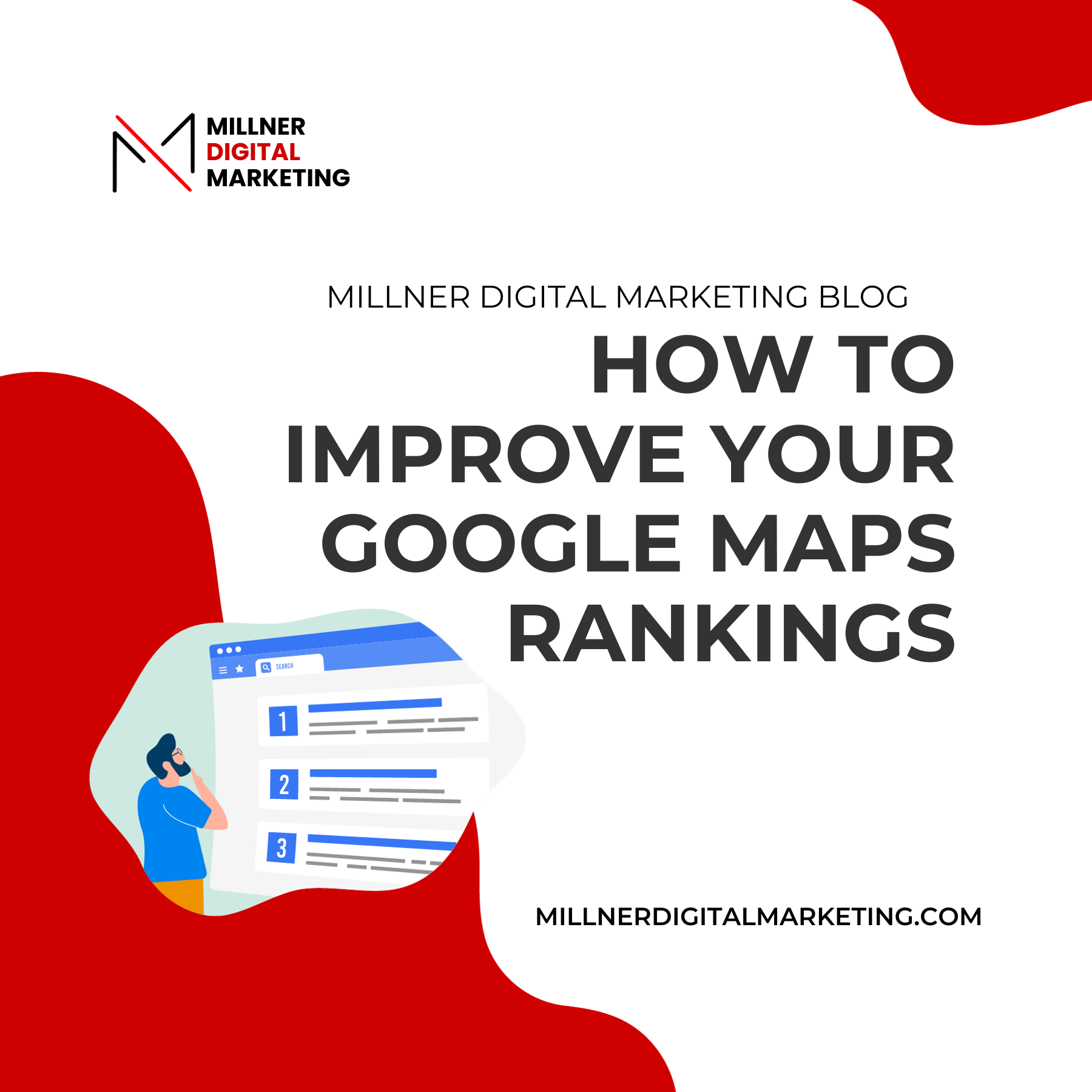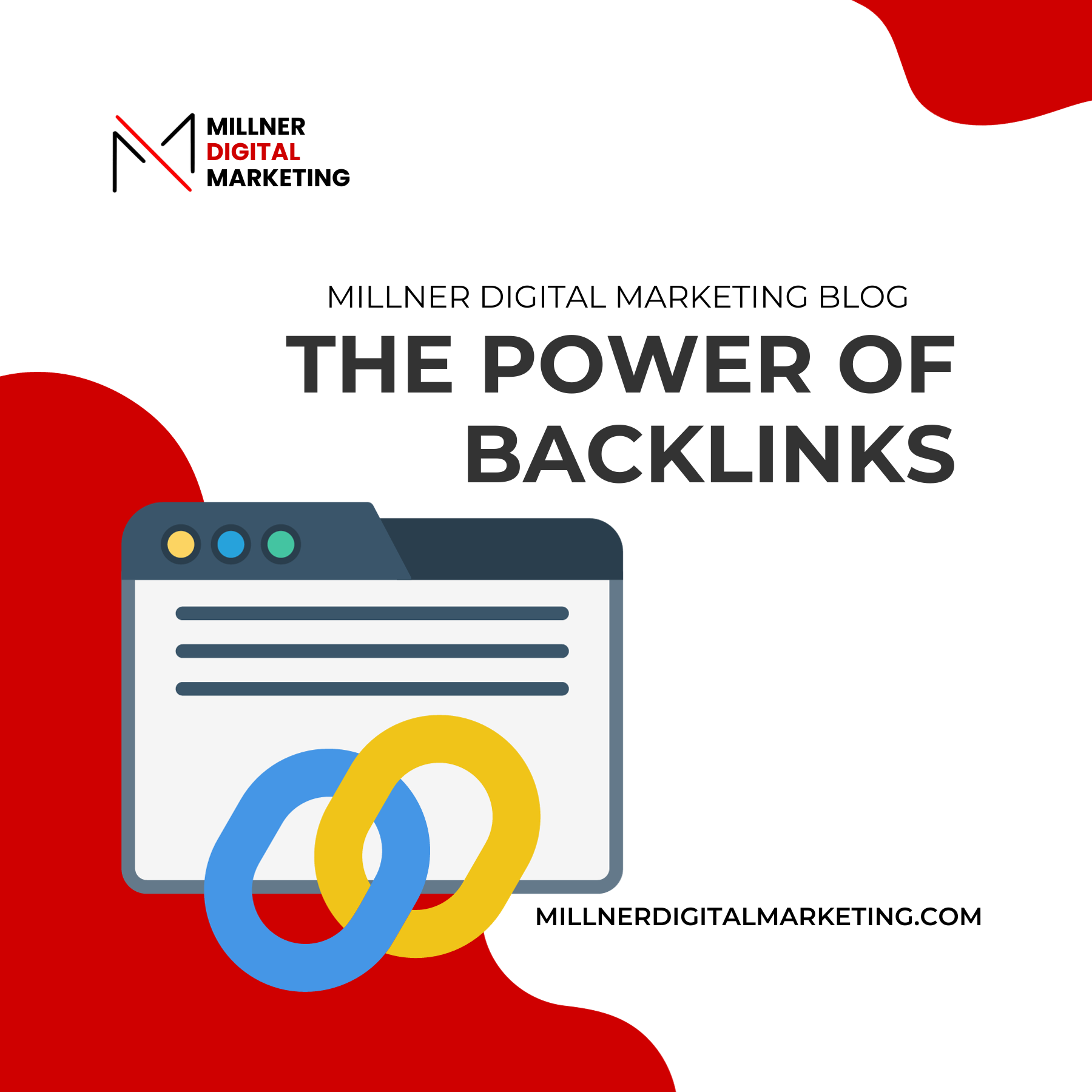Should You Implement AI In Your Business?
In today's fast-paced world, technology is advancing at an unprecedented rate. As a result, businesses are constantly seeking innovative ways to streamline their processes and boost profitability. One of the most promising solutions that has emerged is the implementation of artificial intelligence (AI). AI offers unparalleled efficiency and accuracy, making it ideal for automating repetitive tasks people previously performed.
However, integrating AI into your business requires careful consideration and meticulous planning. It is crucial to understand AI's benefits and limitations to make informed decisions. In this comprehensive blog post, we will delve into the various advantages AI brings to the table and the specific tasks best suited for automation. Additionally, we will provide valuable insights on what AI should and should not be used for, ensuring you can navigate the AI landscape confidently and clearly.
Join us on this enlightening journey as we explore the transformative power of AI and how it can revolutionize your business operations. Get ready to unlock new levels of efficiency and productivity by harnessing the potential of artificial intelligence!

5 Key Benefits Of Using AI for Business
1. Enhanced Customer Service
Artificial Intelligence has revolutionized customer support with its ability to deliver personalized and efficient assistance around the clock. Through AI-powered chatbots, businesses can now interact with customers seamlessly, addressing their inquiries and instantly resolving any issues they may encounter. This saves businesses valuable time and resources and significantly enhances customer satisfaction rates, leading to long-lasting customer loyalty and a positive brand reputation. With AI at the forefront of customer support, businesses can truly excel in delivering exceptional service and building strong customer relationships.
2. Accurate Decision Making
AI has the ability to analyze vast volumes of data and deliver invaluable real-time insights. Through meticulous data analysis, AI empowers businesses by offering comprehensive information on their target audience, including their preferences and behavior patterns. With this knowledge, business owners can confidently make informed decisions and stay one step ahead of the competition. With AI as a strategic ally, businesses can unlock unparalleled opportunities for growth and success.
3. Automation of Repetitive Tasks
Artificial Intelligence can automate a wide array of repetitive tasks, including but not limited to data entry, inventory management, and even recruitment processes. By harnessing the power of AI, businesses can experience significant time and resource savings while simultaneously elevating their efficiency and productivity levels to new heights. The seamless integration of AI technologies into various organizational workflows empowers businesses to optimize their operations and unlock new opportunities for growth and success.
4. Personalized Marketing
Artificial Intelligence has the incredible potential to revolutionize marketing strategies by enabling the creation of personalized marketing campaigns. Through advanced analysis of customer behavior patterns and preferences, AI can provide businesses with valuable insights to tailor their services and products around individual customers, making marketing campaigns highly effective. Additionally, AI can track customer engagement with marketing campaigns in real-time, allowing business owners to receive immediate feedback and make data-driven decisions to optimize their marketing efforts. With AI as a powerful ally, businesses can unlock new opportunities and achieve unprecedented levels of success in the ever-evolving marketing landscape.
5. Cost-Effective
AI can reduce the operational costs for businesses significantly. By automating essential tasks like routine customer support and data entry, AI enables businesses to streamline their processes, increasing efficiency and productivity. Moreover, AI's ability to operate round the clock and its faster task completion rate compared to humans translate into substantial cost savings for businesses. This cost-effectiveness allows companies to allocate their resources strategically and invest in other areas of growth and innovation. With AI as a valuable tool, businesses can unlock new possibilities and achieve sustainable success in today's competitive landscape.
5 Key Limitations of AI For Businesses
1. Lack of Human Touch
One of the most significant limitations of AI in business is its inherent incapacity to replicate the genuine human touch. While AI chatbots excel at solving intricate customer inquiries, they lack the ability to offer the genuine warmth, empathy, and emotional intelligence that humans naturally possess. Although AI is adept at managing routine customer interactions, circumstances will consistently arise where the indispensability of human interaction becomes evident. Hence, it becomes imperative for business owners to maintain a judicious equilibrium between leveraging AI's automation capabilities and facilitating human intervention to ensure that customers' emotional needs are comprehensively addressed and fulfilled.
2. Dependence on Data Availability
Another important business limitation is AI's heavy reliance on data availability. Machine learning algorithms depend on large, diverse datasets for accurate predictions and recommendations. The abundance of data allows the algorithms to identify patterns and trends, leading to more reliable insights.
However, businesses often face challenges when it comes to data availability. If there is insufficient data or the data is of low quality, the algorithms may generate inaccurate or biased results. This can hinder decision-making and limit the effectiveness of AI systems in driving business outcomes.
To overcome this limitation, business owners must prioritize data quality and reliability. They must establish robust data collection processes, ensuring that data is accurate, up-to-date, and representative of the target population. Additionally, implementing data governance practices and investing in data analytics tools can help identify and address any data quality issues.
By addressing the limitation of data availability and ensuring the usage of reliable and high-quality data, businesses can maximize the potential of AI and unlock valuable insights that drive growth and success.
3. Limited Creativity
Artificial Intelligence (AI) has undoubtedly revolutionized data processing and analysis, making remarkable advancements in various domains. However, it is crucial to acknowledge that AI, despite its prowess in crunching numbers, falls short when it comes to tasks requiring judgment and decision-making that demand a touch of human creativity and intuition.
For instance, while AI systems excel at detecting discrepancies in complex financial data, they might not possess the cognitive capacity to provide nuanced insights into investment opportunities or propose innovative business models. This highlights the importance for business owners to recognize the complementary nature of AI and human judgment. By harnessing the power of AI alongside human ingenuity, entrepreneurs can unlock a synergy that propels them towards identifying untapped opportunities and making strategic decisions that shape the future of their organizations.
4. Cost of Implementation
Implementing AI in a business can be an expensive endeavor. The costs involved are highly dependent on various factors, such as the complexity of the AI solution, the size of the business, and the specific data requirements. When combined with the need for human intervention, these cost considerations can render AI solutions financially unviable for small businesses that operate on limited budgets. Therefore, it becomes imperative for business owners to thoroughly evaluate the costs and benefits associated with implementing AI, in order to make an informed decision about whether it is the right solution for their specific business needs and resources.
5. Ethical Concerns
As AI becomes increasingly prevalent in business, there is a growing and valid concern about the ethical implications associated with its use. It is important to acknowledge that if not designed carefully, AI algorithms can inadvertently perpetuate biases, automate discrimination, and potentially infringe on privacy rights. Therefore, business owners must be acutely aware of these ethical concerns and ensure that their AI solutions are technologically advanced and firmly aligned with their values and principles. By doing so, they can uphold high ethical standards while harnessing AI's power to improve society.
What AI Should and Should Not Be Used For
When it comes to artificial intelligence, it is crucial to recognize that it is not a one-size-fits-all solution. Its usage should be strategically applied to tasks that demand precision and efficiency. However, it should never completely replace human interaction, especially in sensitive areas like customer service, where the human touch is invaluable.
Furthermore, it is important to acknowledge that AI can be subject to biases. Therefore, it is essential to ensure that the data used to train AI models is free from bias, and regular audits of the AI program should be conducted to prevent any form of discrimination or favoritism. By upholding these principles, we can harness the power of AI while maintaining fairness and integrity in its application.
Best Tasks to Implement & Automate with AI
One of the best applications for leveraging the power of artificial intelligence is automating tasks that are not only time-consuming and repetitive but also demand a high level of accuracy.
Financial Tasks
Financial tasks are repetitive and all about numbers, which is great for AI.
Take, for instance:
- financial tasks such as managing accounts receivable and payable
- generating invoices
- preparing financial reports.
Businesses can significantly improve their financial management practices by streamlining these processes with AI automation.
Marketing
Moreover, AI can play a pivotal role in transforming the marketing landscape.
AI has the ability to:
- Automate personalized recommendations
- Optimize ad campaigns
- Analyze vast amounts of customer data
AI empowers marketers to deliver hyper-targeted and effective campaigns, ultimately driving better results and customer engagement.
Logistics
When it comes to logistics and supply chain management, AI can be a game-changer too.
From a logistical standpoint AI can analyze:
- Shipping times
- Inventory levels
- Supplier performance data
AI can provide valuable insights to optimize operations, reduce costs, and ensure the timely delivery of products and services.
Conclusion
Artificial intelligence is a powerful tool that can transform businesses, improve operational efficiency and accuracy, and enhance customer experience. However, it's essential to approach implementations strategically and understand the potential benefits and limitations. By automating repetitive tasks requiring high accuracy, businesses can reduce operational costs and improve business performance. Still, it's also important to acknowledge that there are limitations to artificial intelligence, and cannot replace human interaction in sensitive areas. With careful consideration and planning, AI can be a valuable asset to businesses, leading to higher profitability and business success.
READY TO WORK WITH
MILLNER DIGITAL MARKETING?

GET IN TOUCH
MORE MARKETING TIPS & TRICKS









